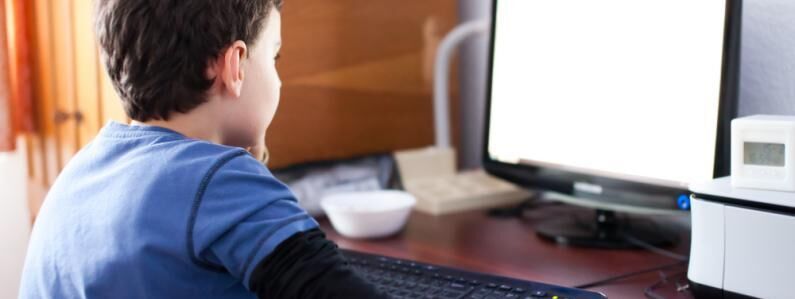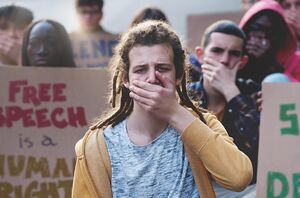Freedom of Speech
Civil liberties groups urge overhaul of Online Safety Bill

Groups standing up for freedom of expression have written to the UK Culture Secretary Michelle Donelan urging a complete overhaul of the Online Safety Bill.
A joint letter signed by Index on Censorship, Big Brother Watch, Article 19, English Pen, Liberty and four other organisations stresses the need to protect free speech.
The letter states:
"The law should be upheld online as it is offline, but as currently drafted, the Bill would impose a two-tier system for freedom of expression, with extra restrictions for categories of lawful speech, simply because they appear online.
"During the Conservative leadership contest, the new Prime Minister Liz Truss committed to protecting freedom of speech in the Bill. She also said that her 'fundamental principle is the rules should be the same online as they are in real life'. In its current form, the Bill does not live up to this principle,as it specifically seeks to regulate and restrict categories of free expression which the state labels as 'harmful'.
"It has been widely observed that the Bill gives the Secretary of State excessive executive powers to define categories of lawful speech to be regulated and influence the limitations of our online expression. We believe that these powers would be vulnerable to politicisation by a future government."
Tim Cairns, CARE's Policy Lead on Online Safety, has said:
"CARE takes a nuanced view on the Online Safety Bill. We believe children are being failed badly under current laws - online protections do not match those in the offline world. Some of the measures we have championed for years are potentially introduced by the Bill.
"At the same time, we recognise and agree with concerns raised about free expression. Targeting 'legal but harmful' speech is highly problematic. The fundamental problem with the Bill is that it regulates providers of content rather than the content itself.
"The fundamental problem with the Bill is that it regulates providers of content rather than the content itself. Provisions for keeping children safe and ending violence against women and girls cannot be legislated for in the same way as provisions aimed at free speech.
"On balance, we believe a reduced version of the Online Safety Bill should be taken forward by the new UK administration, that deals with pornographic content, while the Government thinks again about how or even if, speech should be regulated online."
Share
